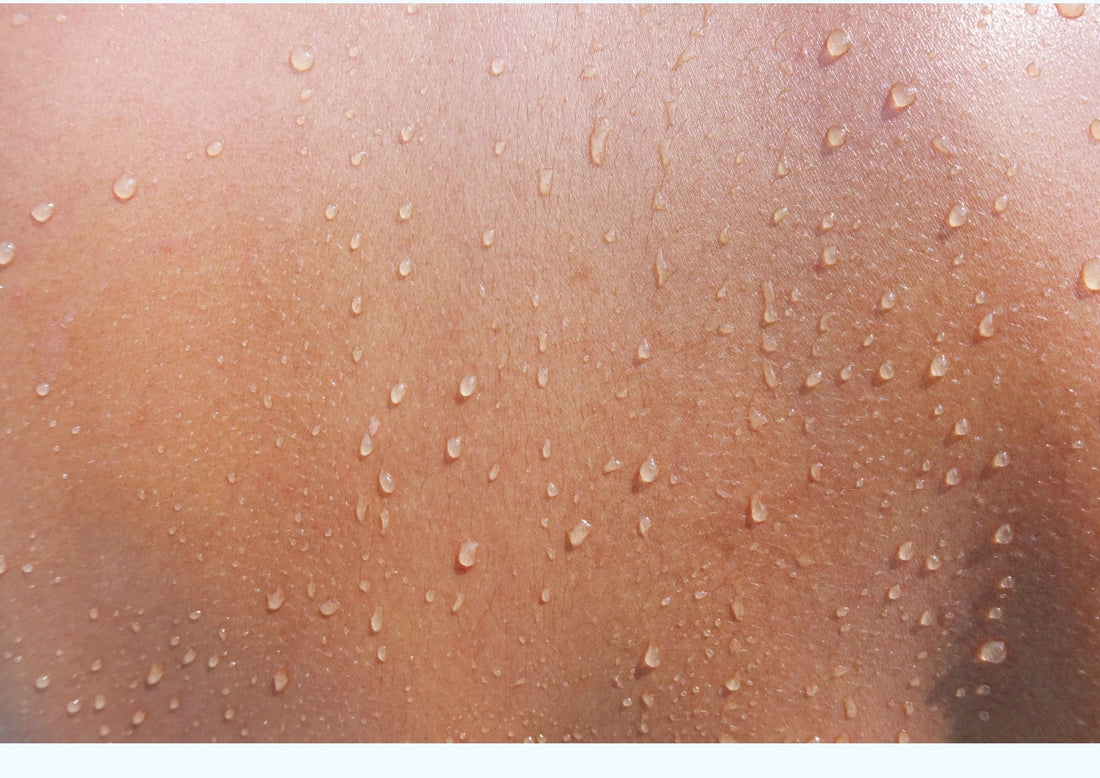
Superficial Cellulitis and Abscess
BioCertica Content TeamIs Cellulitis hereditary? Superficial cellulitis and abscess are common bacterial skin infections observed in clinical practice. While specific bacteria are often responsible for these infections, other factors play a role in the risk of development. Among these factors, genetics emerges as a crucial aspect influencing the risk of contracting these infections.
The spread of infections across the skin falls under the umbrella of cellultitis. Whereas an abscess refers to any collection of drainable pus within or under the skin. Streptococci bacteria infection is most frequently the cuase of cellulitis. Symptoms include redness, warmth, swelling and pain/tenderness.
Most cases of superficial cellulitis manifest on the lower extremities, with abscess formation being a frequent complication. However, involvement of both legs is exceptionally rare, and warrants further investigation for alternative diagnoses.
Research indicates that genetic factors influence the susceptibility to superficial cellulitis and abscess development. Individuals with a family history of these infections are more likely to develop them than those without a family history. This finding suggests that certain genes have an association with a higher risk of developing these infections.
The Role of Specific Genes contributing to superficial cellulitis:
One specific gene implicated in the development of superficial cellulitis and abscess is the IL-1 gene. This gene is involved in the body's immune response and is thought to play a role in developing skin infections. Individuals who carry a specific variant of this gene are more likely to develop superficial cellulitis and abscess than those who do not.
Another gene implicated in the development of superficial cellulitis and abscess is the TNF-alpha gene. This gene is involved in the body's response to inflammation and is thought to play a role in developing skin infections. Individuals who carry a specific variant of this gene are more likely to develop superficial cellulitis and abscess than those who do not.
Treatment for Superficial Cellulitis:
This genetic information, other than increasing awareness of your infection risk, does not impact the treatment of cellulitis or abscessess but encourages seeking medical attention sooner. The treatment of these infections is based on the severity of the infection and the type of bacteria causing the infection. Antibiotics are the mainstay of treatment for these infections, and the choice of antibiotic is based on the susceptibility of the bacteria causing the infection.
The treatment of these infections remains focused on the severity of the infection and the type of bacteria causing the infection. Therefore it is important for individuals with a family history of these infections to be vigilant about skin hygiene. If they develop any signs or symptoms of skin infection they seek prompt medical attention.
Written by: Jonine Möller, M.Sc. in Sport Science
Interested in trying the BioCertica Skin Care DNA kit? Click here and add Skin Care to your cart for only R1699.
If you own any other BioCertica DNA kit, you can instantly unlock your Skin Care results for only R659* in-app.
*Terms and conditions apply: Pharmacogenetics results are R1999 in-app.



